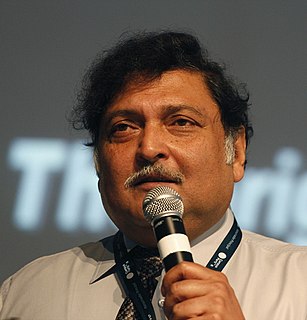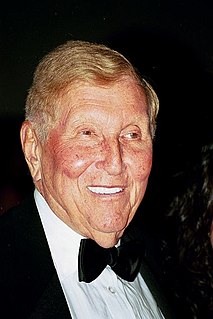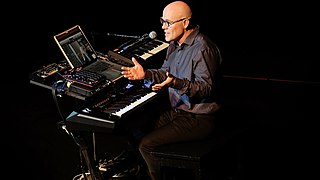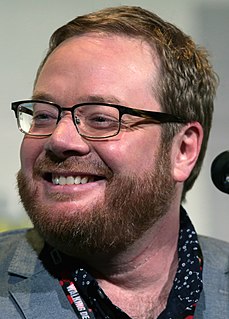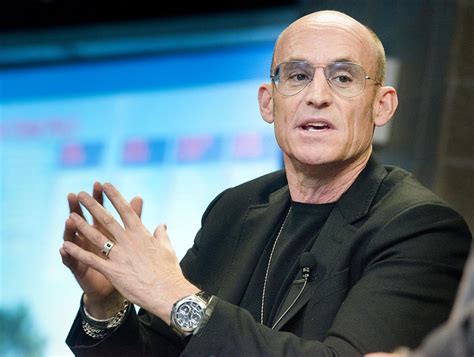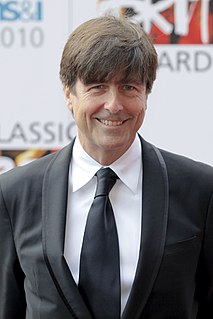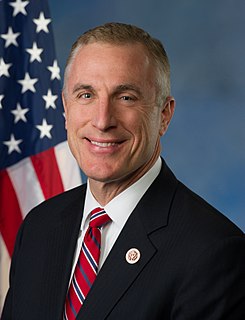Top 787 Computers Quotes & Sayings - Page 4
Explore popular Computers quotes.
Last updated on December 24, 2024.
As the world transitions to the Internet of Everything - where people, processes, and data are intelligently connected - we'll be linked in even more ways. Here, billions and trillions of sensors around the earth and in its atmosphere will send information back to machines, computers, and people for further evaluation and decision-making.
Failure's inevitable. It happens all the time in a complex economy. And how did the economy produce all these amazing things that we have around us, computers and cell phones and so on? Well, the process was trial and error. There were a bunch of ideas, and the good ones grew and prospered, and the bad ones were pretty ruthlessly weeded out.
For many years, even as users became more sophisticated, personal computers took too much effort to use without problem-solving, keeping alive the yearning for greater simplicity. Microsoft's dominant Windows platform, in particular, was a home for all manner of bugs and problems that required IT people to straighten out.










